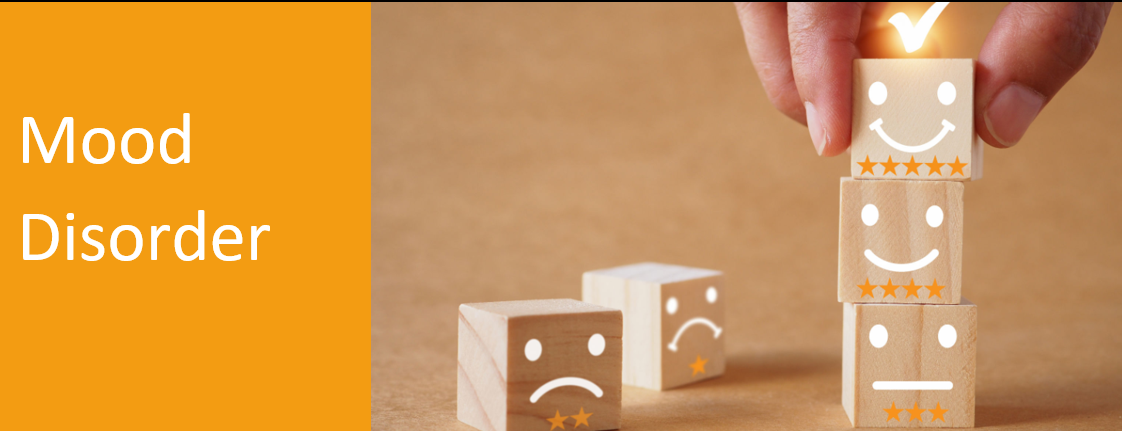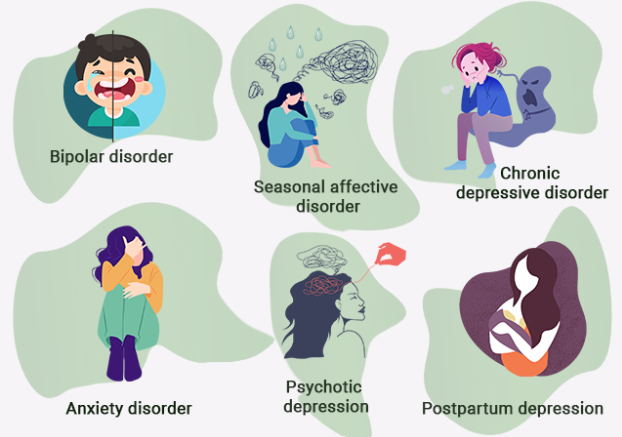
Overview of Mood Disorders
Mood disorders affect how individuals feel, think, and manage daily activities, often leading to noticeable shifts in behavior and energy levels. Depression typically brings prolonged sadness and a loss of interest in life, while bipolar disorder causes cycles between depressive lows and manic highs. Dysthymia, or persistent depressive disorder, involves chronic low mood lasting for years. These conditions can deeply impact relationships, work, and overall health if left untreated. Early diagnosis and proper care are essential for managing symptoms and improving emotional stability.


Identifying Symptoms
Mood disorders can present differently in each person, with some experiencing deep sadness and withdrawal, while others may have bursts of high energy or irritability. These emotional changes often disrupt sleep patterns, concentration, and daily responsibilities. By carefully evaluating symptom patterns and their impact on daily life, our clinicians can accurately distinguish between different mood disorders. This detailed understanding allows us to tailor treatment to each individual’s unique situation. Early and precise diagnosis is key to creating an effective path toward emotional balance and recovery.
Personalized Treatment Plans
Our treatment approach addresses both the emotional and physical aspects of mood disorders. Psychotherapy helps patients explore underlying thoughts and behaviors that influence their mood, while mood-stabilizing medications can reduce the intensity of mood swings. We also encourage lifestyle changes, such as improving sleep habits, nutrition, and exercise, to support overall mental wellness. Each treatment plan is carefully designed based on a full understanding of the patient’s history, current symptoms, and personal goals.


Encouraging Long-Term Wellness
We focus on helping patients build the skills they need to manage their mood independently over time. Techniques like stress management, emotional regulation, and healthy coping strategies are key parts of our program. By strengthening these skills, patients are better equipped to handle future challenges and prevent relapses. Regular follow-ups and supportive care help maintain progress and reinforce positive habits.
